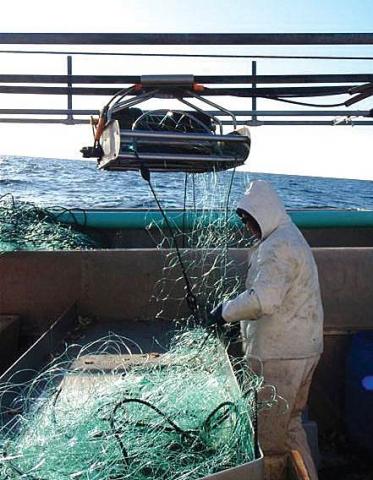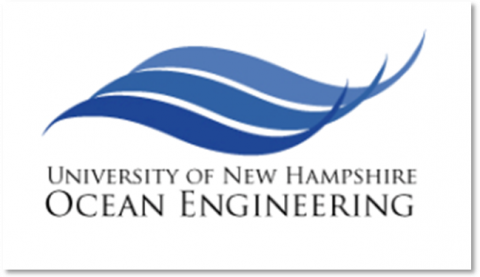International Gillnet - Marine Mammal Bycatch Mitigation Workshops
Organizers
Michael Simpkins, Chief, Protected Species Branch, Northeast Fisheries Science Center, NOAA Fisheries Service
Tim Werner, Director, Consortium for Wildlife Bycatch Reduction, New England Aquarium
Background
Fisheries bycatch is the principal threat to many marine mammals.



